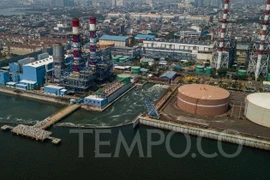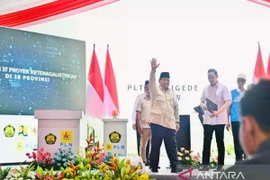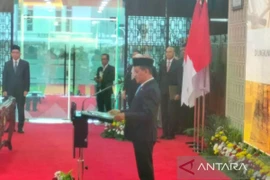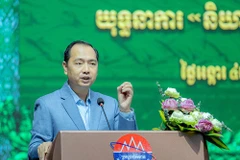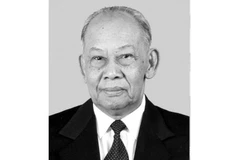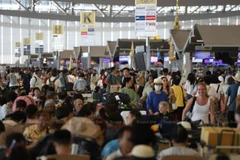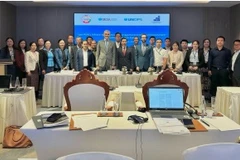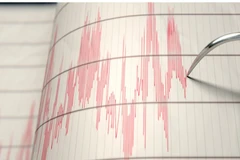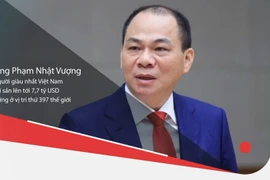Jakarta (VNA) - Indonesia has welcomed a recent ruling by the World Trade Organisation (WTO), which found that the European Union (EU) discriminated against Indonesian palm oil-based biofuel, giving it unfair and detrimental treatment, in setting biofuel regulations, according to Coordinating Minister for Economic Affairs Airlangga Hartarto.
He described Indonesia’s win at the WTO as the result of a long push for justice against the EU’s discriminatory practices.
Indonesia, the world’s largest palm oil producer, brought the case to the WTO dispute body in 2019 after the EU decided that palm oil-based diesel would not be considered a biofuel due to its link to deforestation and its use in transport fuel would be phased out between 2023 and 2030, according to the Indonesian News Agency Antara.
Last week, the WTO panel issued a report, stating that certain aspects of the implementation and design of the policy were inconsistent with the WTO rules. The panel report stated that the EU failed to properly evaluate the data used to determine biofuels derived from high indirect land use changes (high ILUC) risk. It also found shortcomings in the preparation and application of criteria and procedures for low ILUC-risk certification in the European bloc’s climate policy—the Renewable Energy Directive II (REDD II).
In addition, the panel ruled that the tax incentives for biofuel used in France’s transportation system are discriminatory to palm oil-based biofuel. The EU only provides tax incentives for soybean and rapeseed oil-based biofuel.
The ruling would be adopted by the WTO Dispute Settlement Body within the next 60 days unless the report is appealed.
The minister added that the WTO’s biofuel ruling could help Indonesia beef up its fight against the EU Deforestation Regulation. He emphasised that Indonesia will continue to oppose policies that are discriminatory and not pro-people, saying that smallholders account for over 41% of the palm oil plantations in the country.
The recent developments are also expected to help speed up Indonesia’s long-drawn trade pact negotiations with the EU (the Indonesia – EU Comprehensive Economic Partnership Agreement)./.
